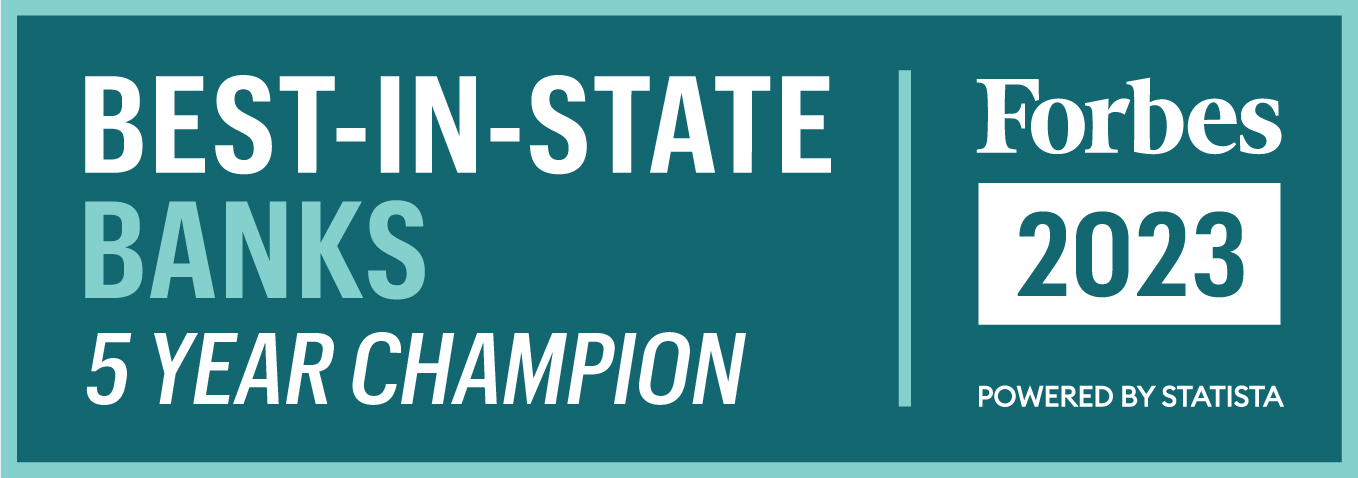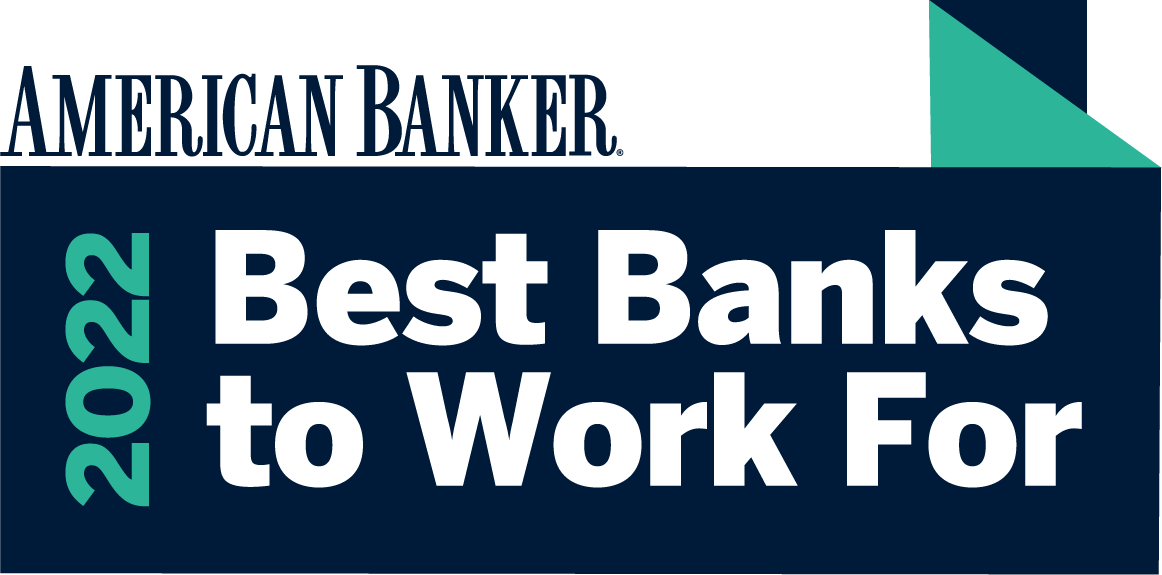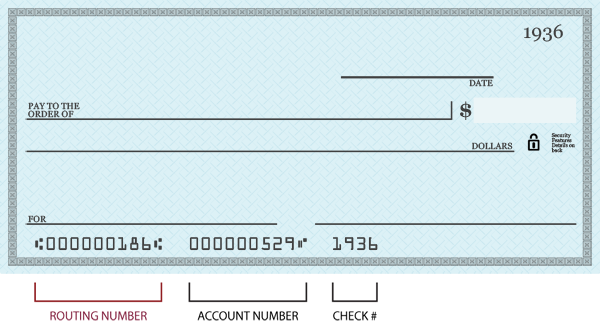Being proactive is one of the most important things you can do to achieve solid financial health. It’s essential to take the time to manage and understand your money as it provides the most complete "picture" to help you make decisions regarding your financial future.
If you truly want to manage your spending and master the skills to do so in the most effective way possible, here are a few key things to help you get there.
Assess Your Financial Picture
The first step toward properly managing spending is to assess your current situation. To put it another way, you can’t get a true sense of where you’re going if you don’t know your starting point. This means being aware of two things: your total income and your total expenses. From there, you can take meaningful steps to make changes to improve your financial position.
Make a Plan
Once you've taken the time to assess your financial picture, you can create a plan to accomplish your financial goals. Maybe you're saving for a new car or a down payment to purchase a home. Perhaps you just want to build an emergency savings fund or need some extra cash for an upcoming vacation. Whatever it is you want to accomplish, keep your eye on the prize by prioritizing your spending, and set actionable, measurable goals to keep yourself accountable.
Examine Your Debt Carefully
Part of this process is to make sure you fully understand your debt situation. You should continue to chip away at any existing debt and consolidate high interest credit cards and loans whenever you can. Tools like this debt calculator can be helpful to shed insight on how long it will take you to become free of debt.
Equally important is understanding how debt can work for or against you, and you can learn more about this topic in the blog “Understanding Good Debt versus Bad Debt”.
Create a Budget That Works for You
You should already know your expenses from accessing your financial picture, but now it’s time to closely review them to see if any can be trimmed or eliminated. A budget is a great tool to use for money management and is an easy way to learn where your money goes. The key to success is to create a realistic budget that you can stick to. And, when it comes to balancing goals with budget cuts, follow the SMART rule:
- Specific – If you make a cut, be specific. Don’t spend “less” on entertainment next month, cut this budget item by 15 or 20%.
- Measurable – If you spent $300 on dining out this month, spend $200 or less next month.
- Assignable – Assign yourself a goal to look for cheaper auto insurance.
- Realistic – Cutting credit card expenses by 100% in one month may be unrealistic. It’s better to get there gradually over a period of months.
- Time-bound – Set deadlines so you remain accountable.
Save, Save, Save
It’s never too early to start saving! The concept is simple and here’s a sure-fire method to get started: Pay yourself first.
Set aside a percentage of the money you make each month and use it to "pay yourself" just as you would pay one of our monthly bills. And you can easily do it by establishing automatic transfers or reminders to transfer money into a savings account. In addition to saving monthly, if you expect a tax refund, a cash gift, or bonus at work, keep in mind that these are great opportunities to boost your emergency fund or savings efforts. Check out more ways to stash your cash to build your savings.
The Importance of Regular Follow-Ups
"Mastering your money" is NOT something you do once and forget about. You should plan regular check-ins with yourself to see how you're doing and evaluate your progress. Your financial goals, wants and needs, and personal situation will change over time. Perhaps the goals you originally made are no longer a priority, and that's perfectly okay. Maybe becoming a millionaire is now something you would like to achieve! Changes happen so it’s important to adjust your plan accordingly.
An annual review of your credit report should also be a part of monitoring your financial health. By using a tool like Credit Sense, you can easily monitor your credit score, receive a full credit report and get tips to improve your score like paying off debt and paying all of your bills on time.
Let Modern Technology Be Your Guide
Finally, understand that this is one road you do not have to travel down alone. At Lakeland Bank, we offer a variety of saving and banking solutionswith the technology to help you stay on a path to build a healthy financial future. Today it’s easy to use digital banking to track spending, set account alerts to manage balances, and even organize and pay bills.
In the end, life can be unpredictable so you need to allow yourself some flexibility when it comes to managing money. You may get a raise – which means you may be able to save more every month to buy that long-wished for big screen TV. Or, you may find household expenses creeping up a bit and you need to tighten your belt and reign in other expenses to keep a balance between spending and saving.
In the long run, persistence is what matters. You need to manage your money – don't let your money manage you. Time and perseverance are the two most valuable tools to have during this process and there’s really no limit to what you’ll be able to accomplish.




